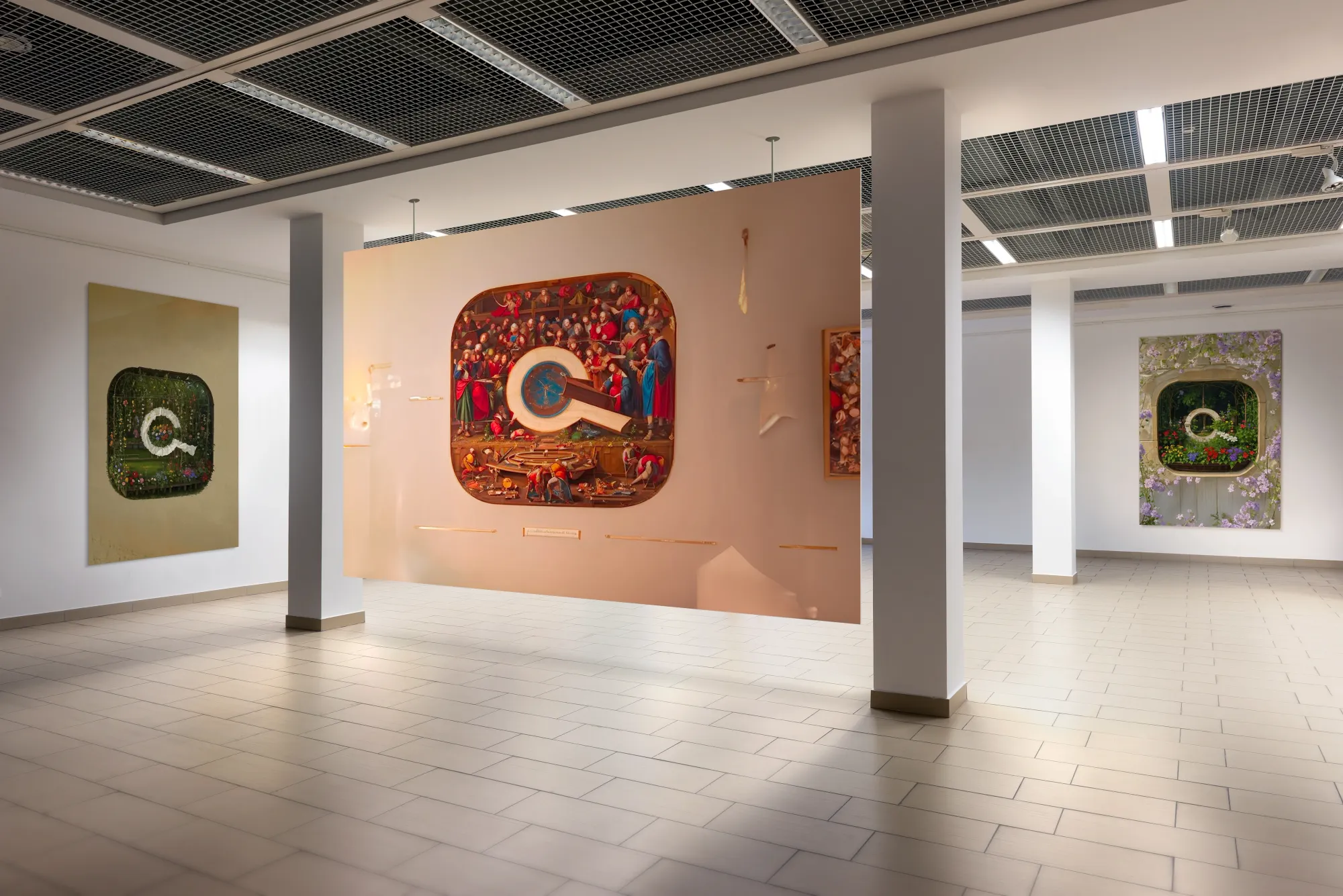Taylor Swift is and has always been a startup. A hyper-growth one in recent years. But she’s always embodied the scrappiness, boldness, and ambition of a startup. And I think there are things we can learn from her.
I like her music, but I wouldn’t say I’m a die-hard Swiftie (I’ll let you know if the Eras Tour this summer will convert me). I’ve listened to her since I was probably 12, but admittedly, I’ve learned a lot I had no idea about while researching this story. This isn’t an analysis of Taylor as a person but of Taylor as a business. If you’re here for the private jet memes, ex-files, or environmental and ethical concerns, this ain’t it. The same way product analysis doesn’t cover terms and conditions, we won’t worry about her personal life here.
Now, let’s talk money.
Taylor by the Numbers
As of 2024, Taylor Swift's discography includes 10 original studio albums, 4 re-recorded studio albums, 5 EPs (extended plays), and 4 live albums. Swift has set a record as the solo artist with the most cumulative weeks—69 in total—at number one on the US Billboard 200 chart, which makes Taylor Swift to music what HubSpot is to B2B SaaS: everyone knows her, she has multiple products, and they’re making a boatload of money.
As of this year, Tay-Tay has joined the three-comma club, with a net worth of $1.1B, making her one of the world's highest-paid celebrities and one of the richest female singers.
If we see her as a startup, that means she’s reached unicorn status–and not just in valuation.
How Taylor Swift operates like a startup
She keeps growing (fast!)
This is one of the most fundamental ways to understand why Taylor is a startup and not a regular company.
Paul Graham states, “a startup is a company designed to grow fast. Being newly founded does not in itself make a company a startup. Nor is it necessary for a startup to work on technology, take venture funding, or have some sort of ‘exit.’ The only essential thing is growth. Everything else we associate with startups follows from growth.”
Imagine you were a VC and saw these growth numbers from a startup:
- 2006-2010: 500%
- 2010-2014, 200%
- 2014-2018: 77.78%
- 2018-2024: 212.5%.
If that was one of your portfolio companies, you'd brag about it on Twitter for days (else you're not a VC).
She’s always shipping (and re-shipping)
Except for her brief Disappearance Era, we’ve seen her churn out albums like clockwork (products), on top of tours and documentaries (marketing). She’s released at least one album every year since 2019 (maybe she should be using ShipLog). Any startup shipping a new (big) product every year would be hyperproductive.
She gets the whole redo-and-relaunch game, too. And it works. It’s a smart move that pumps up the value and keeps her fans coming back for more. She knows product is only half the work; you also need product marketing–talking about your product and its story. Her recent documentary, The Eras Tour movie, is a masterclass in distribution and maximizing the value of your content.
It’s the same playbook I’ve seen every single startup use. Got a bunch of high-quality content? Use all of the opportunities you can to mix and remix it for different audiences and campaigns. This is basically a product demo: Even if you can’t go to a concert, you can “get it.”

She’s not afraid to pivot
A big part of her success is her willingness to experiment. She started as a country singer, moved into pop, and later started experimenting with indie folk, dance/electronic, and more recently synth-pop.
Just like a startup, she adapted to the macro environment (like releasing mellow, nostalgic albums during the pandemic), and knew damn well she needed to appeal to the masses to build the empire she has. Which brings me to the next point.
She knows her market well
Or rather, knows market size doesn’t matter as much when you plan to expand it.
A few months ago I came across this comparison between Taylor and Uber.
2003 was a pivotal year for Taylor. It’s when RCA Records gave her a development deal (which prevented her from seeking opportunities with other labels and provided modest support). You could think of it as a very small pre-seed check from a very skeptical investor. This is where RCA made the mistake of thinking there wasn’t a big enough market for a teenage country singer.
Yet Taylor ditched RCA a year later due to “a lack of care” on their part and went on to release her first album in October 2006. That’s when everything changed for her. The eponymous album peaked at #5 on the US Billboard 200, where it spent 157 weeks—the longest stay on the chart by any release in the US in the 2000s decade.
It’s easy to dismiss startups when they operate in niches (i.e. the Nashville country music open mic nights), but Uber started as a black cab service for SF tech execs. Great products expand markets.
She keeps her team lean
It’s hard to know exactly how many people are on Taylor’s permanent payroll, but the estimates are much lower than you’d think. Instead, she contracts a lot through agencies on a per-project basis.
The small tight knitted crew that manages her career is called 13 Management and has somewhere between 10-20 employees. Her mom and brother are full-time employees, while her dad is a contractor (which probably doesn’t make Christmas dinner any easier). She also employs a full-time general counsel, tour manager, PA, PR manager, and a few security people. Backup singers are salaried, but dancers are contracted. Other than that, everyone else is a contractor (graphic artists, photographers, drivers, stylists, etc).
This might not be completely on par with how startups have been operating in recent years, but it’s how they should’ve been. While Taylor makes billions with <50 people, some 2020s startups had 100+ FTEs before product-market-fit. Keeping her team small(ish) lets her move fast and scale up for projects without the overhead that bogs down many large organizations. Whether it's for a world tour or a single photo shoot, she brings in specialized talent only when necessary. It's a lean, mean, music-making approach. We’re big fans of it at Command AI.
She’s the queen of unhinged marketing
No one does Easter Eggs like she does. Blondie recently announced the release of her new album WHILE accepting her 13th Grammy. 13th is an important detail. On top of being her birthday, she’s used 13 as a leitmotif in so much of her work, including things like "The Lucky One" the 13th track on her album Red, which has a 13-second intro and the word "lucky" is said 13 times in the song.
I could probably spend hours going through all the hints she’s dropped over time (many of them being carefully planned years in advance). It’s insanely impressive to watch the fanbase she’s built and how involved they are in solving the puzzles she creates for them.
I laid the groundwork and then, just like clockwork.
The dominoes cascaded in a line.
She’s been pretty open about her passion for it, too. "When I was 15 and putting together my first album, [...] I decided to encode the lyrics with hidden messages using capital letters. That's how it started, and my fans and I have since descended into color coding, numerology, word searches, elaborate hints, and Easter eggs. I think the best messages are cryptic ones. Easter eggs can be left on clothing or jewelry. This is one of my favorite ways to do this because you wear something that foreshadows something else, and people don't usually find out this one immediately, but they know you're probably sending a message. They'll figure it out in time. Lots of examples of this exist through the history of my career."
This is such an underrated tactic more startups should use. Remember Slack’s cheeky release notes?
She’s hyper-focused
Instead of spreading herself too thin, Taylor's sticking to what she knows best. Sure, she's got the kind of dough that could let her dive into everything from launching beauty brands (*cough* like every other celebrity out there *cough*) to selling booze. But she’s not about that at all. Taylor’s all in on growing her brand the organic way, right where she shines brightest. Why? Because doubling down on what you’re awesome at is how you build something that lasts.
Exactly like a successful startup founder, she’s learned to say no to things that aren’t core to her business or that don’t add value. No one succeeds by being everything for everyone.

She doesn’t give a f*ck (and keeps pushing forward)
This is maybe what I admire most about Taylor. She’s resilient; a quality that most successful startup founders seem to have. Sure, she’s been extremely privileged to have all the support she’s had throughout the years. But chances are that with an audience of this size, you also face a constant stream of critique, pushback, and hate. Most artists who start as early as she did end up fading away. In contrast, Taylor’s success seems to only compound year after year. Just when you think she’s peaked, she comes back with more. Heck, most startups that grow as rapidly become sclerotic instead of continuing to evolve.
Channeling her inner ‘The Man’ with the kind of ‘Bad Blood’ bounce-back power we all wish we had, Taylor shows us that hitting the reset button, ‘Begin Again’ style, isn’t just an option, but a manifesto.
As is the case with startups, I truly think that if you stick it out long enough, continue trying things, and learn from it, you’ll eventually find success (whatever that means for you).

















